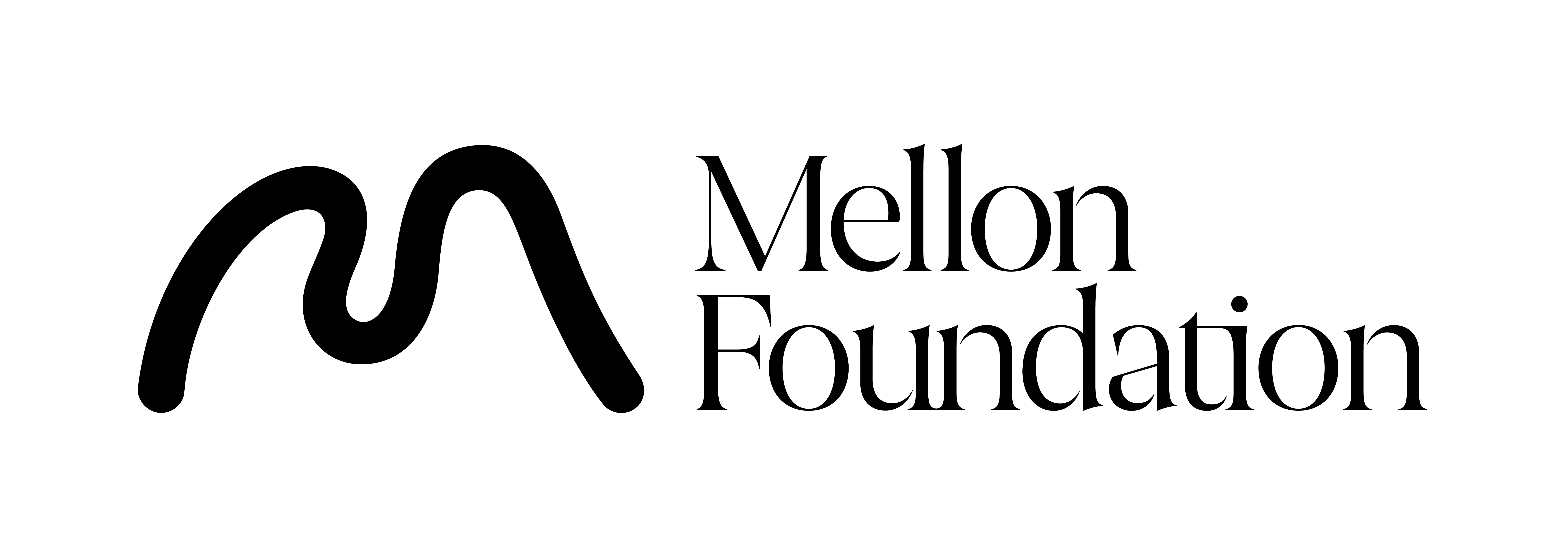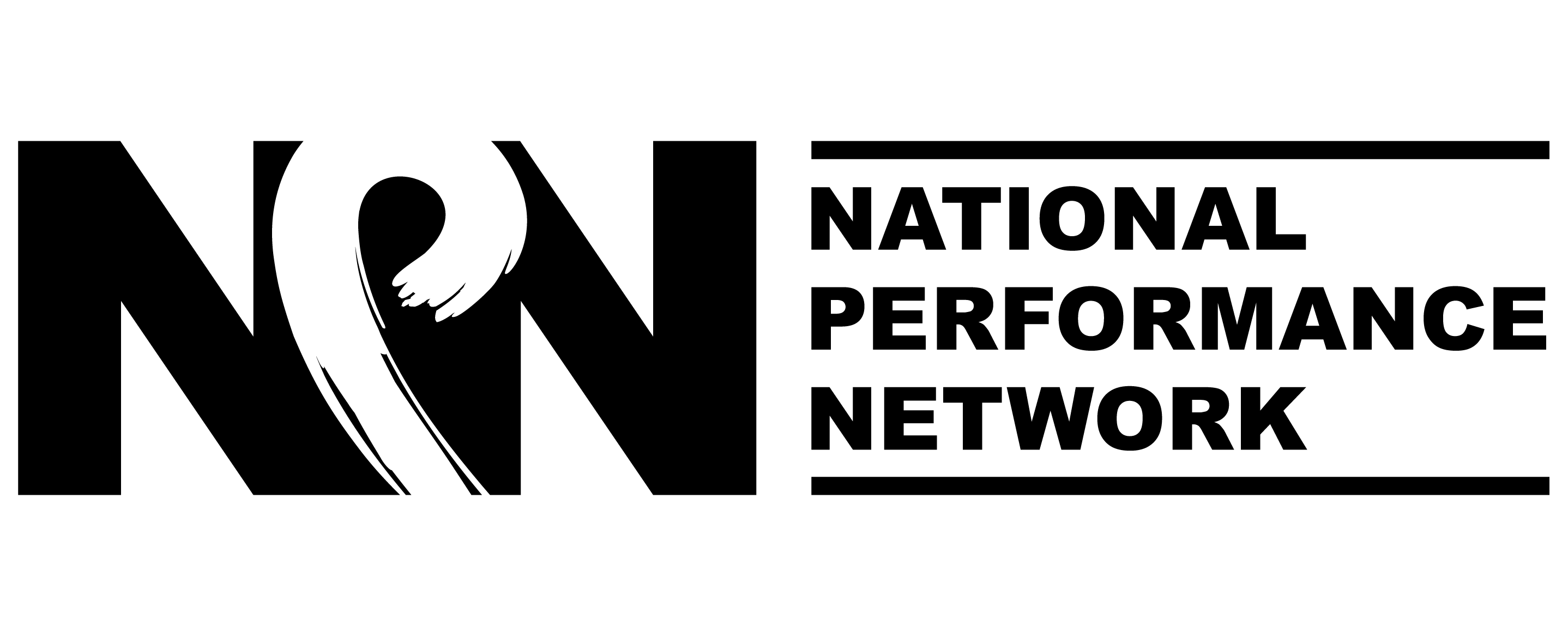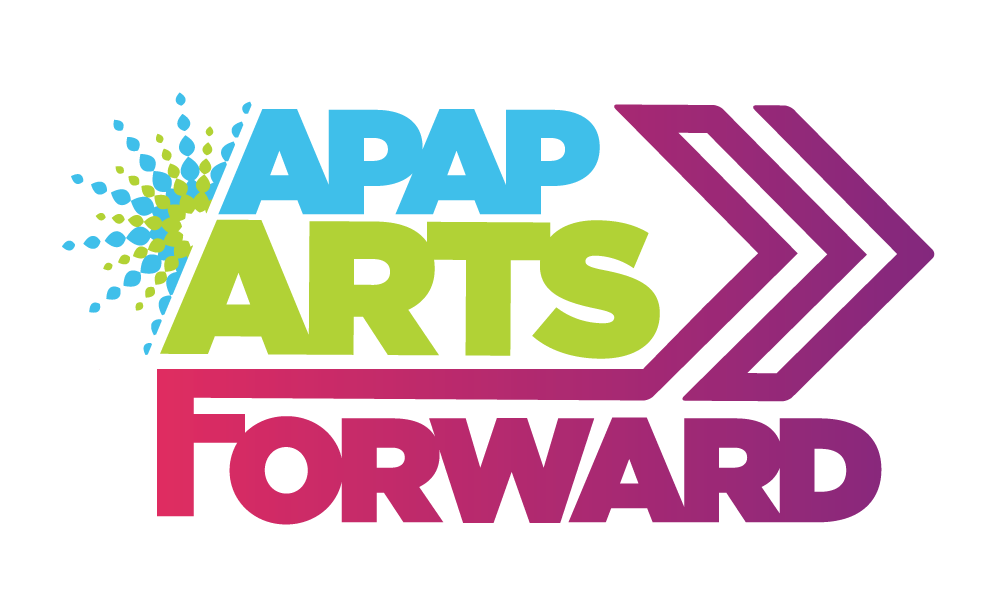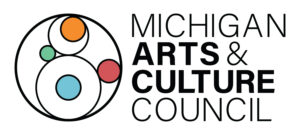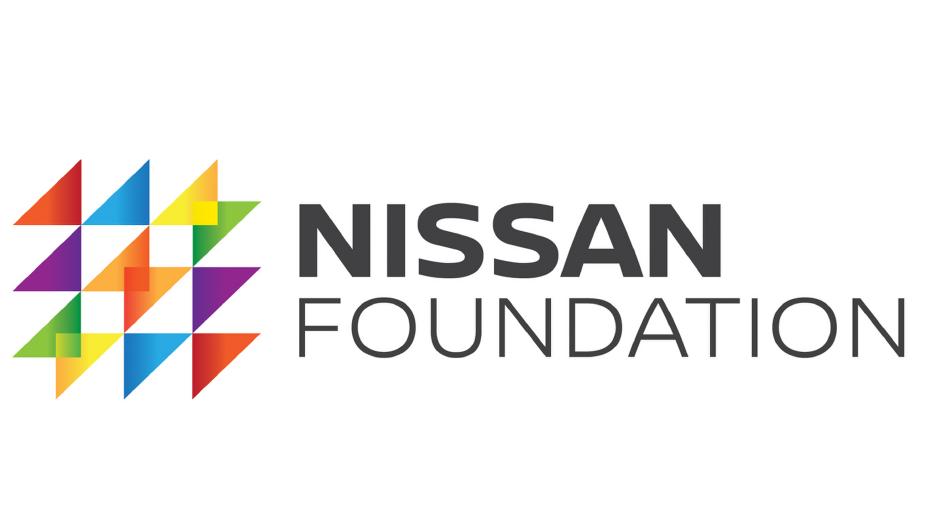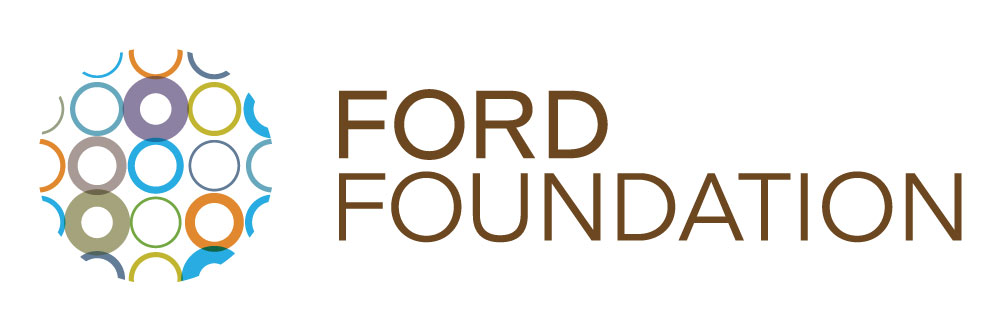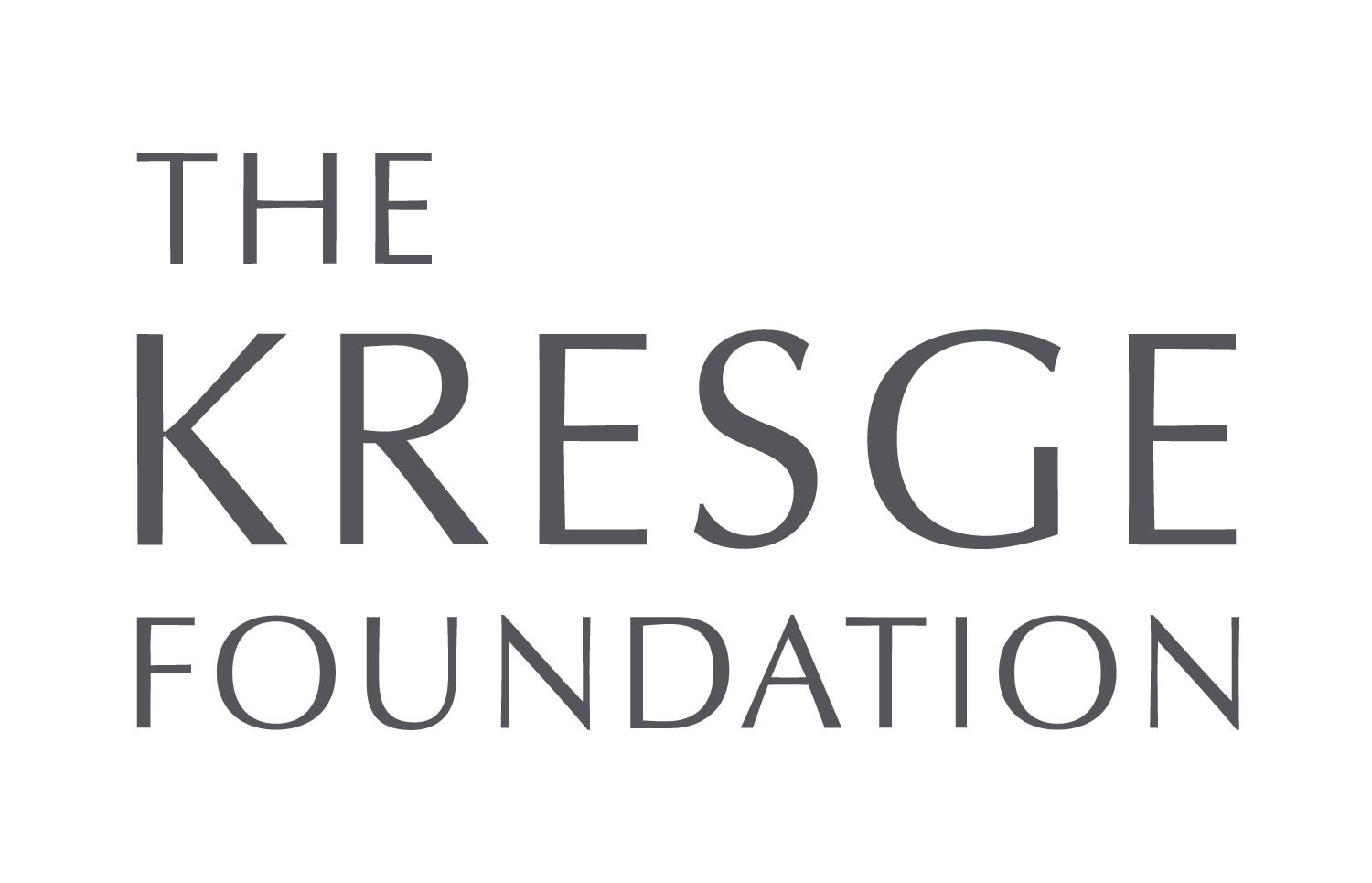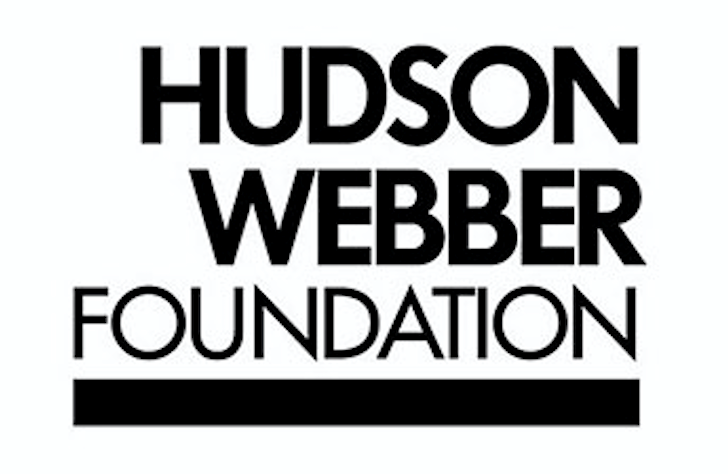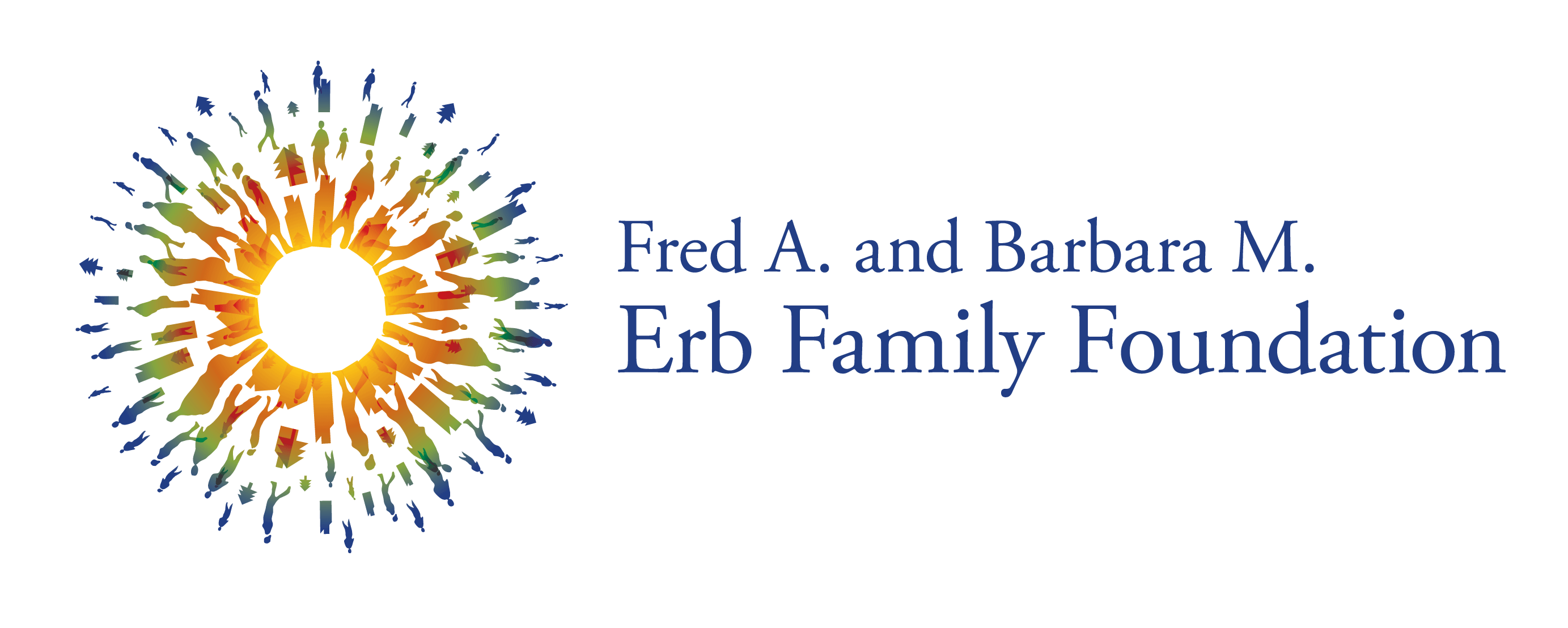Photo credit for ocean graphic is: NASA/Goddard Space Flight Center Scientific Visualization Studio
6-9:30 p.m. ET Saturday, March 25, 2023
Tomorrow Will Be Sunday: A New Theatrical Platform by Heather Raffo + Iftar
In-person at AANM
Following the play, please join us for a community iftar beginning at 8 p.m.
Purchase Tickets (Sold Out!)
$10 Students/Seniors
$12 Museum Members
$15 General Public
From the Tigris to the Detroit River, Tomorrow Will Be Sunday is part of Heather Raffo’s new Migration Play Cycle exploring a planet on the move and our daily impact on it. By entering global capitals and heartland supermarkets, this epic map of a play invites us to imagine a new relationship to human value, by first unpacking what we value—uncovering a world where all populations must confront not only global migration, but their own. Celebrating a global cast and featuring music by beloved Syrian vocalist Lubana Al Quntar and Palestinian oud player Zafer Tawil, this concert reading offers audiences a sneak peak in what hopes to be the first ever-expanding theatrical platform on the subject of migration. Written by Heather Raffo, directed by Tamilla Woodard and Ana Margineanu, scenography by Irina Kruzhilina, and produced by Art2Action.
An ambitious trans-local work researched across diasporic communities, The Migration Play Cycle centers local concerns into global contexts by offering a new theatrical platform for exploring migration and the global economy. Non-linear in form, and Brechtian in its value system, wherever audiences are on the map, economic interconnection means daily decisions impact people across the street, across town and across the world. By bringing theatricality to facts and figures, by entering border towns and heartland supermarkets, this play seeks to inspire an understanding of a planet on the move and our daily impact on it.
From the playwright: “As an Iraqi American playwright, migration is personal to me. In 2003, I had over one hundred family members living in Iraq, I now have two cousins left in the country. In the last decade, my Iraqi relatives have scattered across four continents. My family understands what it means to be rooted to a place for thousands of years, then to scatter in less than ten. While many audiences feel sympathetic to those impacted by war, the trajectory my family took can be traced to economic factors to which we all contribute.”
The Migration Play Cycle: A New Theatrical Platform by Heather Raffo is a National Performance Network (NPN) Creation & Development Fund Project co-commissioned by the Arab American National Museum and NPN. This project is made possible in part by a grant from the Association of Performing Arts Professionals, made possible through support from The Andrew W. Mellon Foundation.
For more questions, e-mail Fatima Al-Rasool at [email protected]
 Heather Raffo is a singular and outstanding voice in the American theater whose work has been championed by the New Yorker as “an example of how art can remake the world.” Having helped forge a new genre of Arab American theater, she’s spent her career writing and embodying stories of Iraq: from the lives and dreams of Iraqi women in her seminal work 9 Parts of Desire (2003), to the suicidal ideation of an Iraq war veteran in the opera Fallujah (2012), to the restless longings of an Iraqi refugee architect in Noura (2018). A multi award-winning writer and actor, she’s toured nationally and internationally: from the Kennedy Center to The Aspen Ideas Festival and from London’s House of Commons to the U.S. Islamic World Forum. Her newly released anthology, Heather Raffo’s Iraq Plays: The Things That Can’t Be Said, brings together two decades of her most groundbreaking contributions to the American theater and speaks to the bravery required to be at the forefront of a movement. Her newest Migration Play Cycle, her most ambitious theatrical imagining in scale and scope, situates themes around migration and the global economy. Being raised in the Midwest and the daughter of an Iraqi immigrant, Raffo has committed her artistic practice to working across all kinds of borders: on mainstages and in rural communities; with the military and in the Arab world; in swing states and in refugee facilities. She is uniquely positioned to explore what migration means for an ever-evolving American and global identity. Photo credit for headshot is: Satya Tisman Photography
Heather Raffo is a singular and outstanding voice in the American theater whose work has been championed by the New Yorker as “an example of how art can remake the world.” Having helped forge a new genre of Arab American theater, she’s spent her career writing and embodying stories of Iraq: from the lives and dreams of Iraqi women in her seminal work 9 Parts of Desire (2003), to the suicidal ideation of an Iraq war veteran in the opera Fallujah (2012), to the restless longings of an Iraqi refugee architect in Noura (2018). A multi award-winning writer and actor, she’s toured nationally and internationally: from the Kennedy Center to The Aspen Ideas Festival and from London’s House of Commons to the U.S. Islamic World Forum. Her newly released anthology, Heather Raffo’s Iraq Plays: The Things That Can’t Be Said, brings together two decades of her most groundbreaking contributions to the American theater and speaks to the bravery required to be at the forefront of a movement. Her newest Migration Play Cycle, her most ambitious theatrical imagining in scale and scope, situates themes around migration and the global economy. Being raised in the Midwest and the daughter of an Iraqi immigrant, Raffo has committed her artistic practice to working across all kinds of borders: on mainstages and in rural communities; with the military and in the Arab world; in swing states and in refugee facilities. She is uniquely positioned to explore what migration means for an ever-evolving American and global identity. Photo credit for headshot is: Satya Tisman Photography
Made possible in part by

